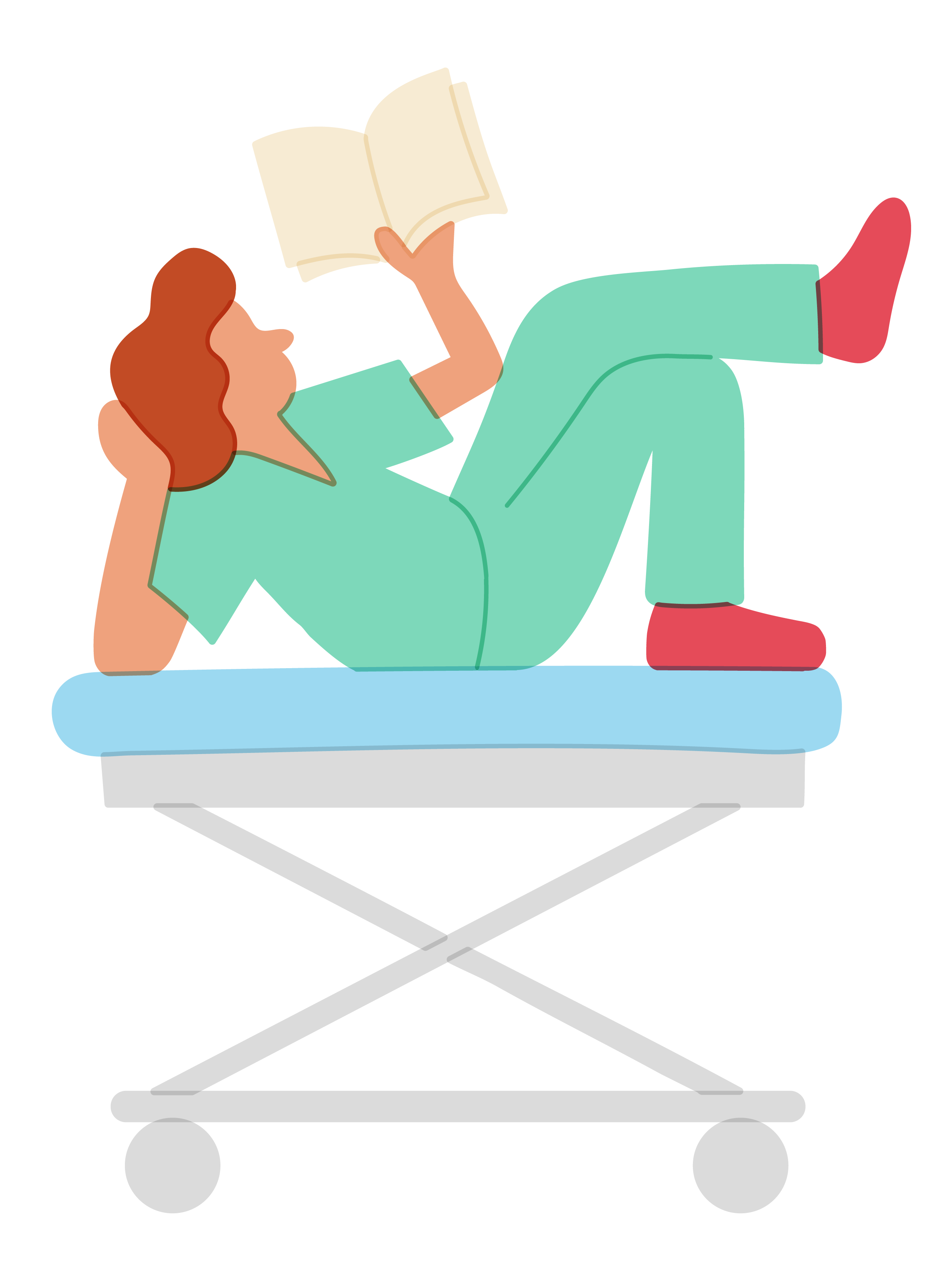You can (and should) do research about specific schools before you visit them, but preparing for the personal interview is less concrete, and sometimes more difficult. Your goal is show your interviewer that you deserve a spot at their school. ere are a few points to think about before an interview, and to keep in mind during the interview, itself.
Your character
Read over your AMCAS primary application and your secondary for the school you’re visiting. Think about what information that school has about you, and go into the interview with a plan for what you want the school to know about you. This includes points you want to emphasize from your application as well as aspects of your personality and character that can’t be gleaned from a paper application. Some interviewers may be “blinded” to aspects of your application in order for them to eliminate any sort of bias going into the interview. Don’t assume that they know about every activity you wrote about in your application. Even if they do know about it, if it’s something you care about, feel free to talk about it! When you leave the room, what adjectives do you want your interviewer to use to describe you: Passionate? Kind? Empathetic? Critical-thinker? Mature? Try to think of three.
Goodness of Fit
Think about what kind of school would be a good fit for you. Why would you thrive at such a school? Schools want their students to be happy (and YOU want to be happy at the school you attend, too!). What qualities and/or experiences do you have that you could contribute to your community, and why do you think that this specific community would make you a better doctor?
Interest
What effort have you made to learn more about this school? What questions do you have for the interviewer? The best questions are those that you actually care to hear the answer. Maybe this is a question that helps you assess whether this school’s academic culture is a good fit for you, or maybe it’s a question about the curriculum or a specific opportunity you’re interested in pursuing.
“Tell me about yourself.”
How are you going to answer this question? This goes back to the first item on the list, but it’s just about the only question you are almost guaranteed to hear from SOMEone that day. It’s not an easy question, but you can practice your answer. An interview IS a conversation, so don’t try to memorize a script, but having a sense of how you want to answer what is likely to be an early question will make you feel more at ease and confident for the rest of the conversation. You have limited time with your interviewer to make a positive impression and advocate for yourself to show that YOU deserve a spot in their program. Your general demeanor and social skills matter, but you aren’t spending enough time with a person to rely on their ability to merely infer things about your character. Don’t brag, but if there is something you want the interviewer to know about you, tell them about it!
Interviewing Styles
Keep in mind that every interviewer has a different style. Some interviewers may like question-answer style sessions, while others may be more conversational. Go with the flow and be yourself. Remember, the interview day is meant to help you and the admissions committee get a sense of your fit for the school- your feelings about this important, too!


Comments